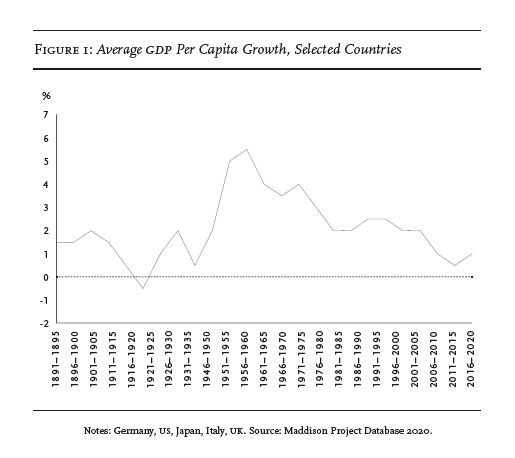
| political economy | social history of political theory | Kant |
Website: https://drqerqay.com/
X: https://x.com/drqerqay
📌Yet across the economy, profit now depends on state-backed credit.
📌A debt-saturated order where liquidity replaces accumulation.


📌Yet across the economy, profit now depends on state-backed credit.
📌A debt-saturated order where liquidity replaces accumulation.

📌States sustain the slowdown through bailouts, tax cuts, and credit expansion
📌Bubbleonomics becomes the onlygame.
📌Growth falters, profits survive

📌States sustain the slowdown through bailouts, tax cuts, and credit expansion
📌Bubbleonomics becomes the onlygame.
📌Growth falters, profits survive


📌To enter ownership, one must purchase cheaply — often on credit, indebted to the future.
📌To remain an owner, one must sell profitably in markets crowded with rivals.
📌Accumulation becomes a knife fight in a shrinking room.

📌To enter ownership, one must purchase cheaply — often on credit, indebted to the future.
📌To remain an owner, one must sell profitably in markets crowded with rivals.
📌Accumulation becomes a knife fight in a shrinking room.





mid 2010s - in search of a post-Gezi political paradigm (failed experiment)

mid 2010s - in search of a post-Gezi political paradigm (failed experiment)



